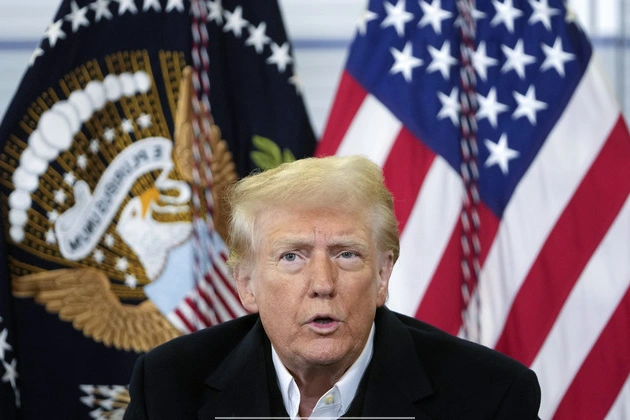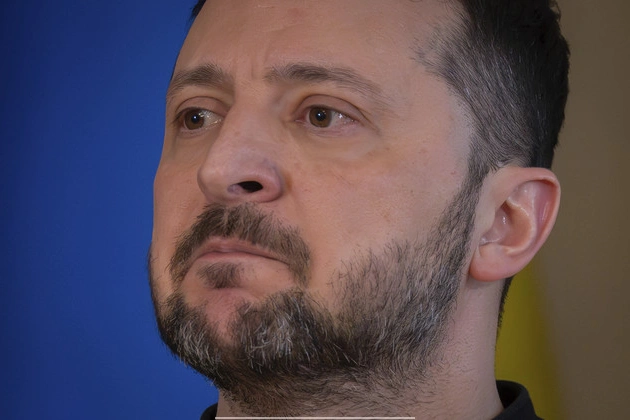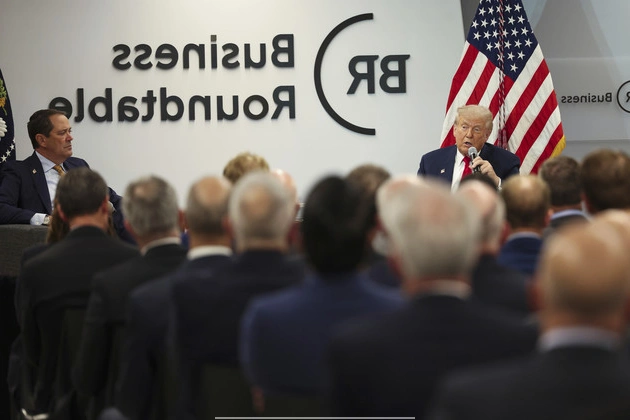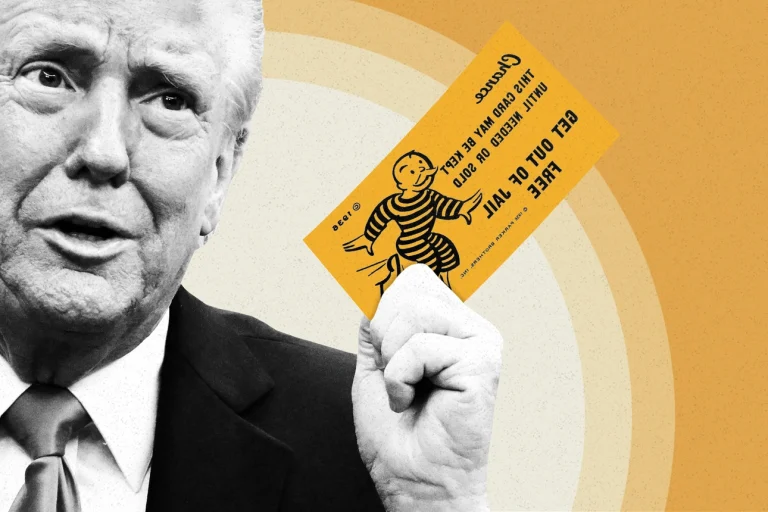
Trump Firings of Inspectors General: A Threat to Government Accountability
In a controversial move, President Donald Trump fired multiple independent federal watchdogs, known as inspectors general, in a Friday night purge, raising concerns about government accountability and transparency.
The Scope of the Dismissals
Reports indicate that at least a dozen inspectors general across various departments, including State, Agriculture, and Defense, were removed from their positions without prior notice to Congress or a clear explanation for the dismissals.
Legal Challenges and Concerns
Hannibal Ware, the inspector general of the Small Business Administration, highlighted potential legal issues with the removals, citing a federal law that requires a 30-day notification to Congress before such actions can be taken.
Reactions and Criticisms
Experts and lawmakers have expressed alarm over the firings, with some questioning the timing and motivations behind the decisions. Critics argue that the removal of inspectors general could compromise the independence and effectiveness of these oversight roles.
Implications for Government Accountability
The dismissals underscore the importance of inspectors general in combatting waste, fraud, and abuse within the government. Advocates emphasize the critical role these watchdogs play in upholding transparency and safeguarding taxpayer interests.
Trump’s actions have reignited debates about the balance of power between the executive branch and independent oversight bodies, prompting calls for enhanced protections for inspectors general.
As the fallout from these firings continues to unfold, the future of government accountability and oversight remains uncertain in the wake of these unprecedented events.















